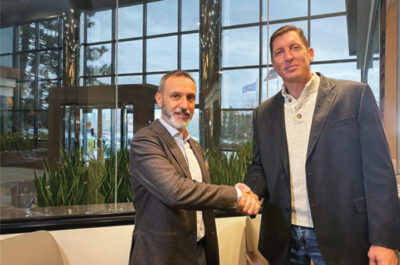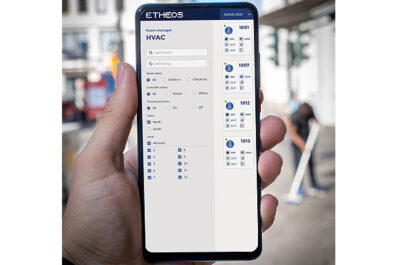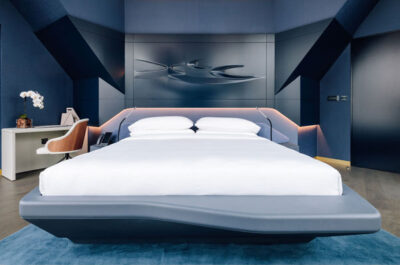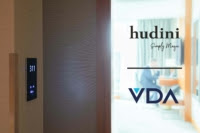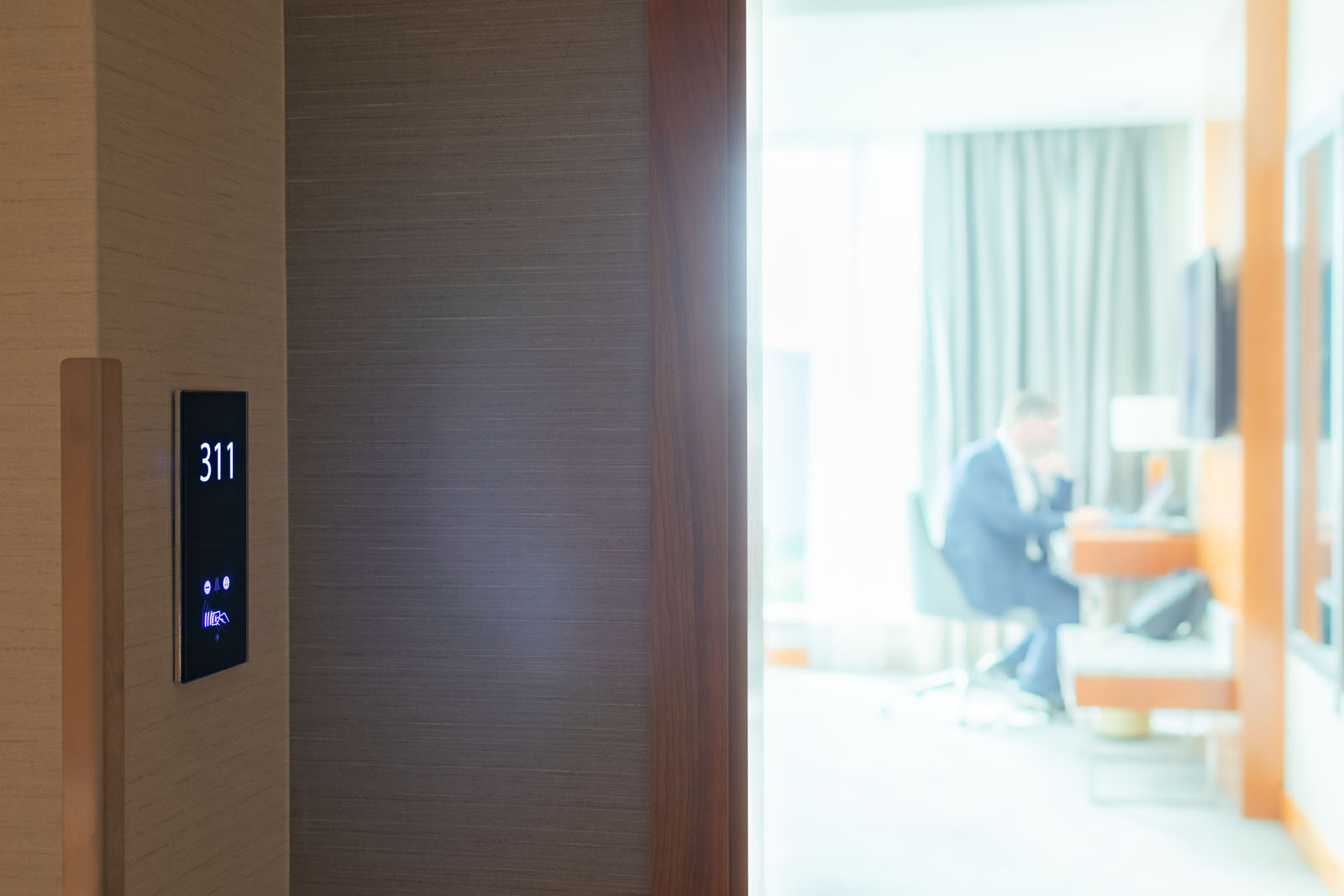
Switch.
Technology is the hotelier’s ally assisting in the management of the re-start of hotels, and safely. VDA, a leading Italian company in the hotel automation market, supports the hospitality industry through Phase 2, through the implementation of innovative technologies that will permit the operators to be well prepared in order to deal with this change, and to welcome guests responsibly.
DUBAI – Phase 2 has just begun, and operators throughout tourism, those that have suffered the most from the consequences of the pandemic, are preparing to face the next season, whilst living with this health emergency. These forecasts led many hoteliers to quickly seek solutions, with many ideas coming from technology.
In an historical moment, in which man has been forced into social distancing, automation and IOT prove to be important allies, because they allow hoteliers to welcome their guests safely. In this context, VDA Group, a leading Italian company in the home automation sector for hotels, with offices in Europe, Middle East and Asia Pacific, has collected the multiple requests received from hoteliers, and has thus grouped them into the main areas for intervention: reducing contact with surfaces of usually high contact (i.e. remote controls, telephones, thermostats, switches, and keys), avoiding gatherings in the Reception area during Check-in and Check-out, encouraging room service, and also managing access control.
"We are aware that the restarting of the accommodation facilities is a very delicate moment," says Piercarlo Gramaglia, CEO of VDA. "On the one hand, the fear of the guest that once he has crossed the entrance threshold does not know what to expect and fears that he will not be safe, on the other the difficulties of the hotelier in quickly reorganizing the structure in compliance with the new security measures ", adds Piercarlo Gramaglia. "Never before has technology and automation been at the service of people, to facilitate workers'operations and meet guests' satisfaction ", concludes Piercarlo Gramaglia.
One of the first areas of intervention to avoid gatherings, is to better manage the time of Check-in and Check-out. The arrival of guests is one of the most delicate phases, because those areas must be seen to be safe and welcoming places, and it is important to take all necessary measures so as to map the health of the guests. Outside it will be possible to use thermo-cameras to detect body temperature, which must not exceed the safety parameters, and at the entrance the traditional gathering at reception must be avoided. The best solution comes from the Apps, which upon registration allow access to the room via the guest’s mobile device.
Alternatively there is Self Check-in (Totem), where the guest can register and collect the RFID key at the Totem, allowing access to the room whilst avoiding queues at the reception.
Once inside the room, home automation can be of support to limit contact with those devices and switches considered "at risk" but necessary for room management. In fact, a motion sensor can detect the presence / absence of the guest inside the room and enable / disable the services in the room. As an alternative to the volumetric sensor, the presence of the guest can be simulated definitively so as to enable all room services until check-out.
The system of interaction between hotelier and guest will also have to change, with the need to find innovative alternatives to traditional ones such as direct contact (at reception for example) or through the telephone. Adopting an Interactive TV system, a touch point between Hotel and Guest, allows the hotelier to communicate directly with the guest and share information about what is being done in terms of sanitisation and, in turn, allows the guest to book services offered by the Hotel, order in-room breakfast, and check-out directly from the room.
It is equally important to identify all those points identifed as "high contact surfaces", that must be made safe each time a new guest arrives. The solutions proposed, to minimise risk, and convey a greater sense of safety and hygiene, are based on disposable films for remote controls, for switches and for control devices in general. Interaction with Voice Assistants can also be a solution to avoid contact with high-risk devices. In fact, this integration allows one to activate the room functions through voice integration, and make all devices in the room interact with each other.
"The goal is to find measures that will assist the hotels in starting up again, providing technological solutions that provide adequate answers in a very short time," says Piercarlo Gramaglia. "We as VDA feel the weight of responsibility at a time like this and, as always, do our best to support the hotel industry".
Vicky is the co-founder of TravelDailyNews Media Network where she is the Editor-in Chief. She is also responsible for the daily operation and the financial policy. She holds a Bachelor's degree in Tourism Business Administration from the Technical University of Athens and a Master in Business Administration (MBA) from the University of Wales.
She has many years of both academic and industrial experience within the travel industry. She has written/edited numerous articles in various tourism magazines.














